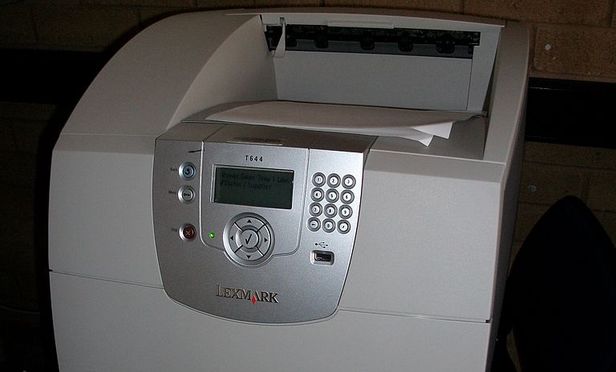Businesses can invoke the Lanham Act in suing other companies for false advertising, even if they are not direct competitors, the U.S. Supreme Court ruled unanimously on Tuesday.
Justice Antonin Scalia, writing the opinion in Lexmark International Inc. v. Static Control Components Inc., said that in a Lanham Act case “a plaintiff must plead (and ultimately prove) an injury to a commercial interest in sales or business reputation proximately caused by the defendant’s misrepresentations,” but need not be a competitor, as some appeals courts have ruled.
This content has been archived. It is available through our partners, LexisNexis® and Bloomberg Law.
To view this content, please continue to their sites.
Not a Lexis Subscriber?
Subscribe Now
Not a Bloomberg Law Subscriber?
Subscribe Now
LexisNexis® and Bloomberg Law are third party online distributors of the broad collection of current and archived versions of ALM's legal news publications. LexisNexis® and Bloomberg Law customers are able to access and use ALM's content, including content from the National Law Journal, The American Lawyer, Legaltech News, The New York Law Journal, and Corporate Counsel, as well as other sources of legal information.
For questions call 1-877-256-2472 or contact us at [email protected]



